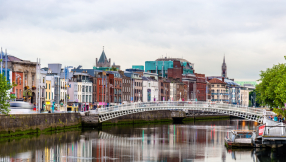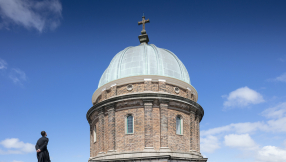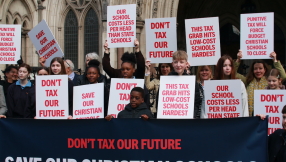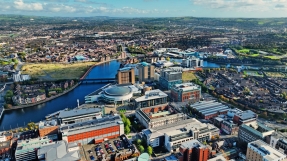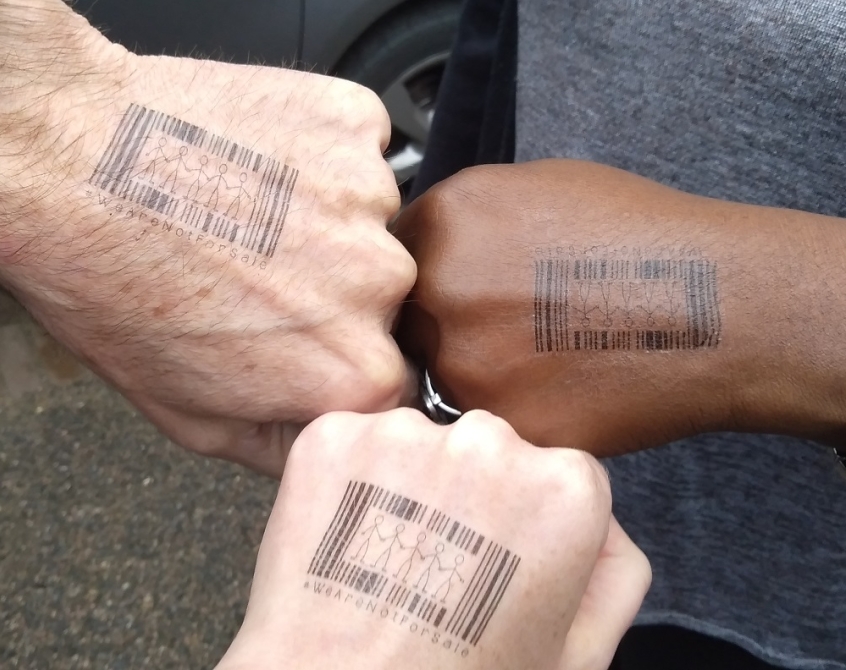
The Salvation Army has reported a steep rise in British people needing support after being rescued from modern day slavery.
A new report by the Church revealed that the number of British nationals being freed from slave conditions had risen by 58%, making Britons the fifth most common nationality to receive specialist support from the organisation.
The report has been released ahead of Anti-Slavery Day on 18 October and reveals that in the last 12 months, it helped 136 British nationals through its network of safe houses and outreach workers.
Referrals to its services have also seen an overall increase of 21% on last year, with a total of 2,251 people from 99 different nationalities accessing its specialist services - up from 1,856 people the year before.
Of the total number rescued, 1,247 were women, with one in five being pregnant or believing themselves to be.
Of the British nationals The Salvation Army supported, 96 were in forced labour, including farm workers and people forced to sell drugs, while 30 were being sexually exploited. Nine were in domestic servitude.
The Salvation Army believes that gangs trafficking drugs into rural areas - known as 'County Lines' - are behind much of the increase in people needing its help.
However, the organisation said it has also become aware of a "worrying" new trend called 'cuckooing' in which drug dealers appropriate a vulnerable person's home to use it as a local base while also forcing the occupant to work for them.
The Salvation Army has launched a new temporary tattoo for sale in its shops and on its website in the run up to Anti-Slavery Day to raise awareness of the problem of modern day slavery.
The tattoo is in the form of a barcode with the slogan #WeAreNotForSale, with profits going towards its slavery victim support services.
Major Kathy Betteridge, head of anti-rafficking and modern slavery at The Salvation Army, said: "It's appalling that anyone is forced to work as a slave whether a British national or a victim from across the world.
"Our report shows that gangs target vulnerable people, often with mental health issues to act as drug runners, or to move cash. However, people are also being forced to work as slaves in places like farms, car washes, and even nail bars.
"By wearing the tattoo, you will help remind people to be aware of the signs that someone could be working as a slave near to you."
If you suspect someone is being forced into slavery, call The Salvation Army's confidential 24-hour referral helpline on 0300 303 8151.










